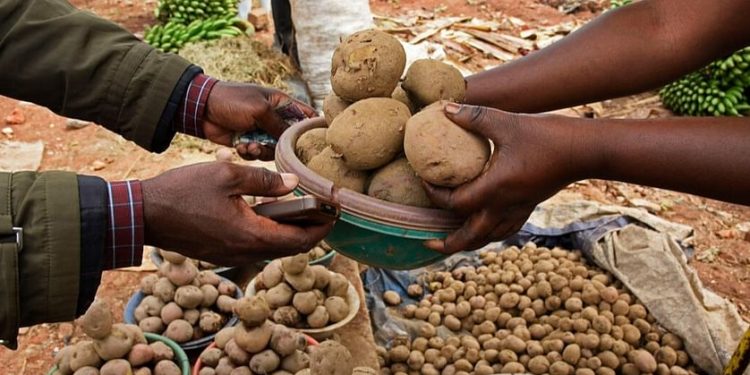#Potatoes #SustainableAgriculture #FoodSecurity #GlobalNutrition #FAOPublications #SustainableDevelopmentGoals #InternationalPotatoDay #InnovationinAgriculture #GeneticDiversity #AgriculturalSustainability
The United Nations Food and Agriculture Organization (FAO) underscores the significance of sustainable potato production, emphasizing its ability to strengthen the fundamental pillars of food security, namely availability, access, utilization, and stability.
Due to their rich genetic diversity and current production and demand, research and innovation in tuber cultivation can contribute to sustainable agri-food systems and help achieve zero hunger and meet the Sustainable Development Goals.
Potatoes, a staple food for the global population, are rich in carbohydrates, making them a primary source of energy. They also contain various micronutrients, including B vitamins, vitamin C, folic acid, potassium, phosphorus, and magnesium.
Potatoes are an essential food in the global food system and play a critical role in strengthening global food security and reducing poverty.
As recalled, 2008 marked the International Year of the Potato (IYP) for being one of the most important staple foods universally appreciated by humanity. In December 2023, the United Nations General Assembly (UNGA) endorsed Peru’s proposal to annually celebrate International Potato Day on May 30.
In anticipation of this global campaign to raise awareness and inspire action, consult the following selection of FAO publications on potatoes to better understand this globally consumed food.
Potatoes stand as a cornerstone of global food security, offering not only sustenance but also a pathway to sustainable agriculture and nutrition security. Embracing innovation in potato cultivation and promoting its nutritional value are crucial steps towards building resilient food systems and achieving a hunger-free world.







